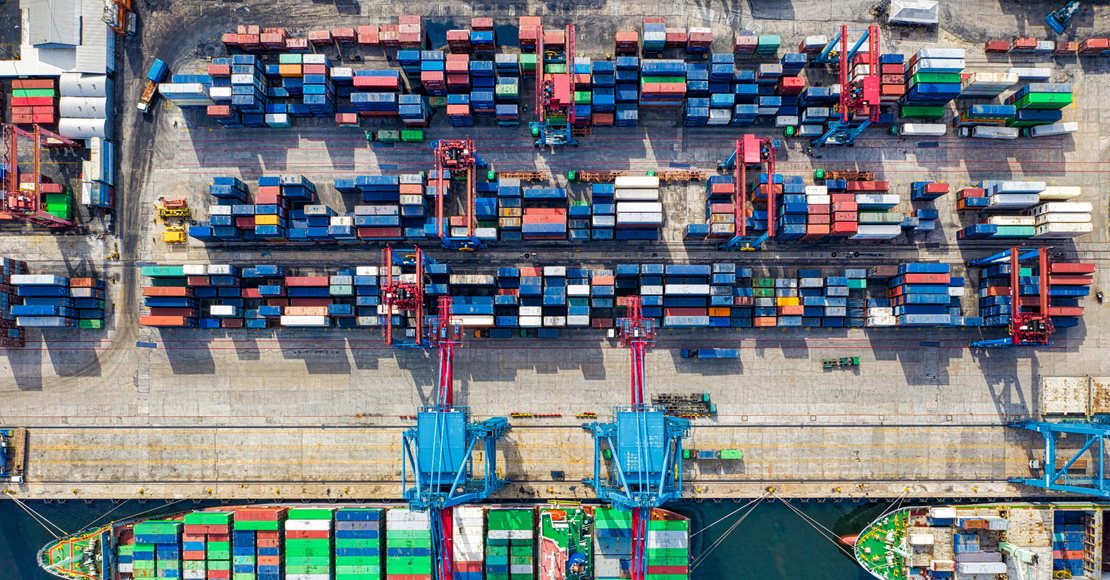
For many small businesses, it’s still not back to “business as usual.”
Ongoing supply chain issues, workforce shortages, and rising prices are making it difficult to obtain the materials and supplies needed to keep operations running efficiently. And though these issues are effects of the COVID-19 pandemic, most COVID-19 business funding programs have ended.
But don’t despair – smart financial solutions are still available. SBA loans are one tool that can help small businesses address the current supply chain challenges.
Supply Chain Issues Impacting Small Businesses
There are a variety of factors that may be straining small businesses’ financial resources.
- Delays and shortages. Disruption in every part of the supply chain means longer and unpredictable timeframes to obtain supplies and inventory. Labor shortages, closures at plants and factories, and distribution bottlenecks have put many things in short supply.
- Unpredictable purchasing decisions. Because of the unpredictability of supply, many small businesses feel compelled to overbuy when they find a needed item.
- Changes in customer demand. The pandemic has altered spending habits and some businesses are experiencing significant increases or decreases in demand that depart from expected patterns.
- Price increases. The cost of raw materials, labor, shipping and transit are all going up, making normal business operations significantly more expensive.
Large businesses have more resources to deal with these challenges, and their purchasing power helps their needs get met first. Many small business owners are left feeling increasingly vulnerable during the fragile economic recovery.
Three Ways SBA Loans Can Address Supply Chain Issues
An SBA 7(a) loan can help an eligible small business access up to $5 million in capital that can be used to address supply chain issues. Here are three key reasons it may make good business sense.
- It can overcome collateral issues. It can be more difficult to obtain a conventional bank loan for raw materials, supplies and inventory. These items aren’t adequate collateral to secure a loan because they will eventually be used during normal business operations. An SBA loan can be used to extend credit when there isn’t sufficient collateral because the federal guarantee reduces the bank’s risk.
- It offers manageable repayment. Businesses that need to purchase larger quantities when supplies are available or are paying higher prices, will strain their cash flow by attempting to repay the increased costs too quickly. This can make using a line of credit that must be repaid in months a risky move. SBA loans have longer terms than lines of credit or conventional loans, which makes debt repayment more manageable.
- It provides a long-term source of funds. It’s difficult to predict how long supply chain issues will persist. Instead of continuously borrowing against a line of credit or scrambling to find resources each time a new issue emerges, an SBA loan can provide a long-term source of working capital to draw from until conditions improve.
Is your small business being affected by supply chain issues? Learn more about SBA loans or reach out to us to discuss your financing needs.



